Americas Committee for Treatment and Research in Multiple Sclerosis (ACTRIMS®) 2022 (Videos)
60 $
Delivery time: Maximum to 1 hours
Format : 20 MP4 files
File Size : 9.19 GB
Category: Basic Medical Book
Americas Committee for Treatment and Research in Multiple Sclerosis (ACTRIMS®) 2022 (Videos)
Founded in 1995, Americas Committee for Treatment and Research in Multiple Sclerosis (ACTRIMS®) is a community of leaders from the United States and Canada who are dedicated to the treatment and research in MS and other demyelinating diseases. ACTRIMS focuses on knowledge dissemination, education and collaboration among disciplines.
PROGRAM
Thursday, February 24, 2022
| 8:00 – 9:00 am | BREAKFAST | |
| 9:00 – 10:00 am | KJ1. Opening Address & Kenneth P. Johnson Memorial Lecture Chairs: Jeffrey A. Cohen, Cleveland Clinic and Anne Cross, Washington University in St. Louis Lecturer: Ruth Ann Marrie, University of Manitoba | |
| 10:00 – 11:35 am | S1. Session 1 – Emerging Concepts in MS Chairs: Daniel Reich, National Institutes of Health and Catherine Larochelle, Université de Montréal Theme: Highlighting cutting-edge studies that inform our understanding of the pathogenic mechanisms in MS, introduce novel measures to capture disease activity, and advance treatment options for affected individuals. This session will be comprised of six platform presentations by Young Investigators selected from submitted abstracts. | |
| 10:00 – 10:05 am | Introduction | |
| 10:05 – 10:20 am | S1.1 Deep Learning Prediction of Response to Disease Modifying Therapy in Primary Progressive Multiple Sclerosis Jean-Pierre Falet, McGill University | |
| 10:20 – 10:35 am | S1.2 The Gut Microbe in Pediatric-Onset MS: A Matched Case-Control Study Xiaoyuan Zhou, University of California, San Francisco | |
| 10:35 – 10:50 am | S1.3 Fibulin-2 as a Potent Extracellular Matrix Inhibitor of Remyelination in MS Samira Ghorbani, University of Calgary | |
| 10:50 – 11:05 am | S1.4 Divergent Role of the Classic Complement Pathway in Two Murine Models of Multiple Sclerosis Michael Linzey, Darmouth College | |
| 11:05 – 11:20 am | S1.5 Diagnostic Potential of Paramagnetic Rim Lesions for MS in a Multicenter Setting Brian Renner, Cedar-Sinai | |
| 11:20 – 11:35 am | S1.6 Histopathological Assessment of Myelinated White Matter T2 Hyperintensities in Myelocortical Multiple Sclerosis Vikas Singh, Cleveland Clinic | |
| 11:35 am – 1:00 pm | LUNCH | |
| 12:30 – 12:50 pm | PT1. Industry Supported Product Theater* Clinical Advances in Multiple Sclerosis: Addressing Unmet Needs This activity is an independently supported presentation provided by Janssen Pharmaceuticals, Inc. | |
| 1:00 – 2:30 pm | S2. Session 2 – Biomarkers of MS Susceptibility/Prodrome Chairs: Mitzi Joi Williams, Joi Life Wellness and Adil Harroud, University of California, San Francisco Theme: Understanding MS susceptibility and MS prodromal phase through genetics, imaging, cerebrospinal fluid and the microbiota. | |
| 1:00 – 1:05 pm | Introduction | |
| 1:05 – 1:20 pm | S2.1 Translating Genetic Associations with MS Susceptibility into a Framework to Manage the Presymptomatic Phase of MS Phil De Jager, Columbia University | |
| 1:20 – 1:35 pm | S2.2 Impact of Fecal Transplant on Cortical Pathology in an Animal Model of MS Jen Gommerman, University of Toronto | |
| 1:35 – 1:50 pm | S2.3 Imaging Biomarkers of RIS/MS Prodrome Jiwon Oh, University of Toronto | |
| 1:50 – 2:05 pm | S2.4 What Can Studies of Twins CSF Reveal about Prodrome of MS? Eduardo Beltran, University of Munich | |
| 2:05 – 2:30 pm | Q&A Discussion | |
| 2:30 – 3:35 pm | CE1. Cutting Edge Developments 1 Chairs: Bianca Weinstock-Guttman, University of Buffalo and V. Wee Yong, University of Calgary Theme: Cutting-edge platform presentations selected from the ACTRIMS abstract submissions. Each presenter will have 15 minutes total for their presentation – 12 minutes for the presentation and 3 minutes for Q&A. | |
| 2:30 – 2:35 pm | Introduction | |
| 2:35 – 2:50 pm | CE1.1 Aged CNS-Resident Cells Promote a Non-Remitting Course of Experimental Autoimmune Encephalomyelitis Jeffrey Atkinson, The Ohio State | |
| 2:50 – 3:05 pm | CE1.2 Autologous Hematopoietic Stem Cell Transplantation in Patients with Multiple Sclerosis: Long Term Follow Up of the Ottawa Cohort Francis Brunet, | |
| 3:05 – 3:20 pm | CE1.3 Effectiveness of the Bruton’s Tyrosine Kinase Inhibitor Evobruntinib in a Novel Model for Compartmentalized Neuroinflammation in Multiple Sclerosis Jorge Alvarez, University of Pennsylvania | |
| 3:20 – 3:35 pm | CE1.4 Ageing Promotes Non-Remitting Experimental Autoimmune Encephalomyelitis with Persistent Meningeal Inflammation and Subpial Demyelination in A/T SJL/J Mice Michelle Zuo, University of Toronto | |
| 3:35 – 4:00 pm | BREAK | |
| 4:00 – 5:15 pm | AP2. NAIMS Symposium | |
| 5:15 – 6:45 pm | Poster Session 1 Presentations will begin at 5:30, with even-numbered posters presenting from 5:30-6:00pm and odd-numbered posters presenting from 6:00-6:30pm. | |
| 6:45 – 9:00 pm | ACTRIMS Lounge Open | |
| 6:45 – 8:30 pm | iWiMS Reception | |
| 7:00 – 8:00 pm | SS1. Industry Supported CE Satellite Symposium* Bridging the Gap in Multiple Sclerosis – A Focus on Clinical and Healthcare Disparities in Racial-Ethnic Patient Populations This CE activity is provided by Physicians’ Education Resource, LLC. This independent Industry Supported Satellite Symposium is supported by educational grants from Biogen and Sanofi. | |
Friday, February 25, 2022
| 7:00 – 9:00 am | BREAKFAST | |||
| 7:30 – 8:30 am | SS2. Industry Supported CE Satellite Symposium* Practical Applications of S1P Therapeutics for the Treatment of Relapsing Forms of Multiple Sclerosis This CE activity is provided by AcademicCME. This independent Industry Supported Satellite Symposium is supported by an educational grant from Bristol Myers Squibb. | |||
| 8:30 – 9:00 am | BREAK | |||
| 9:00 – 10:30 am | S3. Session 3 – Biomarkers Related to MS Pathophysiology and MS Diagnosis Chairs: Lauren Krupp, NYU Langone and Kevin Patel, University of California, Los Angeles Theme: Understanding the pathophysiology of adult and pediatric MS using CSF, imaging and ophthalmologic biomarkers. | |||
| 9:00 – 9:05 am | Introduction | |||
| 9:05 – 9:20 am | S3.1 Single Cell RNA Sequencing in MS CSF: Beyond Oligoclonal Bands Claudia Cantoni, Washington University | |||
| 9:20 – 9:35 am | S3.2 Using the Central Vein Sign and Cortical Lesions to Diagnose MS Pascal Sati, Cedar Sinai | |||
| 9:35 – 9:50 am | S3.3 OCT in the Diagnosis of Afferent Visual Pathway Problems in MS Fiona Costello, University of Calgary | |||
| 9:50 – 10:05 am | S3.4 Biomarkers of MS Diagnosis in Children Giulia Fadda, McGill University | |||
| 10:05 – 10:30 am | Q&A Discussion | |||
| 10:30 – 11:35 am | CE2. Cutting Edge Developments 2 Chairs: Robert Naismith, Washington University at St. Louis and Myla Goldman, VCU Health Theme: Cutting-edge platform presentations selected from the ACTRIMS abstract submissions. Each presenter will have 15 minutes total for their presentation – 12 minutes for the presentation and 3 minutes for Q&A. | |||
| 10:30 – 10:35 am | Introduction | |||
| 10:35 – 10:50 am | CE2.1 Heterogeneity of Myeloid Cells During CNS Autoimmunity Navid Manoucheri, UT Southwestern – Dallas | |||
| 10:50 – 11:05 am | CE2.2 Spinal Cord Atrophy Predicts Silent Progression in Relapse-onset Multiple Sclerosis Antje Bischof, University of California, San Francisco | |||
| 11:05 – 11:20 am | CE2.3 Cortical Lesion Burden is Associated with Worsening Disability Over Time and Conversion to Progressive MS Williams Mullins, NIH | |||
| 11:20 – 11:35 am | CE2.4 Patterns of Disease-Modifying Treatment Use and Sociodemographic Characteristics in Multiple Sclerosis by Race and Ethnicity Carlos Pérez, The University of Texas Health Science Center at Houston | |||
| 11:35 am – 1:00 pm | LUNCH | |||
| 11:50 am – 12:10 pm | PT2. Industry Supported Product Theater* The Role of the Complement System in the Innate and Adaptive Immune Responses This activity is an independently supported presentation provided by Alexion, AstraZeneca Rare Disease | |||
| 12:30 – 12:50 pm | PT3. Industry Supported Product Theater* The CNS in MS: A Brain-First Perspective This activity is an independently supported presentation provided by Bristol Myers Squibb. | |||
| 1:00 – 2:30 pm | S4. Session 4 – Prognostic Biomarkers of MS and NMOSD Chairs: Christina Azevedo, University of Southern California, and Sarah Morrow, Western University Theme: Using demographic, imaging, blood and cerebrospinal fluid and electronic health records for prognostication in MS and in NMOSD. | |||
| 1:00 – 1:05 pm | Introduction | |||
| 1:05 – 1:20 pm | S4.1 Blood and CSF Biomarkers of Prognosis and Patient Outcomes Tanuja Chitnis, Brigham and Women’s Hospital | |||
| 1:20 – 1:35 pm | S4.2 The Interactions of Sex, Hormones and Age in MS Prognosis Burcu Zeydan, Mayo Clinic | |||
| 1:35 – 1:50 pm | S4.3 Electronic Health Records and Prognostic Marker of Outcome and Platform for Clinical Discovery in MS Zongqi Xia, University of Pittsburgh | |||
| 1:50 – 2:05 pm | S4.4 Prognostic Biomarkers of NMOSD Bruce Cree, University of California, San Francisco | |||
| 2:05 – 2:30 pm | Q&A Discussion | |||
| 2:30 – 3:30 pm | NMSS Barancik Award Presentation and Talk | |||
| 3:30 – 4:00 pm | BREAK | |||
| 3:35 – 3:55 pm | PT4. Industry Supported Product Theater* Understanding the Proposed Mechanism of Action of an Oral Dosing Therapy This activity is an independently supported presentation provided by EMD Serono. | |||
| 4:00 – 5:15 pm | AP3. IMSVISUAL Symposium | |||
| 5:15 – 6:45 pm | Poster Session 2 Presentations will begin at 5:30, with even-numbered posters presenting from 5:30-6:00 pm and odd-numbered posters presenting from 6:00-6:30 pm. | |||
| 6:45 – 9:00 pm | ACTRIMS Lounge Open Continue the conversation and connect with others in the casual, relaxed ACTRIMS Lounge. | |||
| 7:00 – 8:00 pm | SS3. Industry Supported CE Satellite Symposium* Rationale, Evidence, and Practical Potential for BTK Inhibitors in Patient-Centered MS Care: Where We Stand Now This CE activity is jointly provided by Medical Learning Institute, Inc and PVI, PeerView Institute for Medical Education. This independent Industry Supported Satellite Symposium is supported by educational grants from EMD Serono and Sanofi.* | |||
Saturday, February 26, 2022
| 8:45 – 9:00 am | BREAKFAST | |
| 9:00 – 10:30am | S5. Session 5 – Biomarkers of Progressive MS Chairs: Nathalie Arbour, Université de Montréal and Christopher Hemond, University of Massachusetts Medical School Theme: Animal models of progressive MS, blood and imaging biomarkers of progressive MS, and outcome measures that can be used in clinical trials in progressive MS. | |
| 9:00 – 9:05am | Introduction | |
| 9:05 – 9:20am | S5.1 Biological Sex as a Determinant in Inflammatory T Cell Responses in Chronic CNS Autoimmunity Manu Rangachari, Laval University | |
| 9:20 – 9:35am | S5.2 miRNA Biomarkers of Neuronal Damage Underlying Neurodegeneration in MS Alyson Fournier, McGill University | |
| 9:35 – 9:50am | S5.3 Imaging Biomarkers of Progression Martina Absinta, Johns Hopkins University | |
| 9:50 – 10:05am | S5.4 Outcome Measures for Trials of Progressive MS Robert Fox, Cleveland Clinic | |
| 10:05 – 10:30am | Q&A Discussion | |
| 10:30 – 11:35 am | CE3. Cutting Edge Developments 3 Chairs: Andrew Goodman, University of Rochester and Amit Bar-Or, University of Pennsylvania Theme: Cutting-edge platform presentations selected from the ACTRIMS abstract submissions. Each presenter will have 15 minutes total for their presentation – 12 minutes for the presentation and 3 minutes for Q&A. | |
| 10:30 – 10:35 am | Introduction | |
| 10:35 – 10:50 am | CE3.1 Economic Burden of Multiple Sclerosis in 2019 Bruce Bebo, National MS Society | |
| 10:50 – 11:05 am | CE3.2 Cognitive Functioning in MS Improves with At-Home Online Training Paired with Transcranial Direct Current Stimulation (tDCS): Results from a Sham-Controlled Randomized Clinical Trial Leigh Charvet, New York University | |
| 11:05 – 11:20 am | CE3.3 Prior Optic Neuritis Detection on Peripapillary Ring Scans using Dilated Residual Networks Seyedamirhosein Motamedi, Charité Berlin | |
| 11:20 am – 11:35 am | CE3.4 Serum Neurofilament as a Predictor of 10-Year Gray Matter Atrophy and Clinical Disability in Multiple Sclerosis – A Longitudinal Study Ingrid Lie, University of Bergen | |
| 11:35 am- 1:00 pm | LUNCH | |
| 1:00 – 2:30pm | S6. Session 6 – Biomarkers of Remyelination, Repair and Treatment Chairs: Jack Antel, McGill University and Jason Plemel, University of Alberta Theme: Uses of animal models, imaging, and fluid biomarkers to study remyelination and repair of the central nervous system. | |
| 1:00 – 1:05 pm | Introduction | |
| 1:05 – 1:20 pm | S6.1 Biomarkers of Remyelination in Animal Models Ian Duncan, University of Wisconsin – Madison | |
| 1:20 – 1:35 pm | S6.2 Imaging Biomarkers of Demyelination and Remyelination Shannon Kolind, University of British Columbia | |
| 1:35 – 1:50 pm | S6.3 Blood Neurofilament Light Levels of Monitoring Treatment Effects in Multiple Sclerosis Enrique Alvarez, University of Colorado | |
| 1:50 – 2:05 pm | S6.4 Immunologic Networks to Predict Treatment Response in Patients with MS David Hafler, Yale University | |
| 2:05 – 2:30 pm | Q&A Discussion | |
| 2:30 – 2:45 pm | Awards Presentation & Closing Remarks | |
| 2:45 – 3:00 pm | BREAK | |
| 3:00 – 4:00 pm | SS4. Industry Supported CE Satellite Symposium* Detecting and Managing Neuromyelitis Optica Spectrum Disorder: What Can You Do to Achieve Early Diagnosis and Improved Patient Outcomes in Your Clinical Practice? This CE activity is provided by Med Learning Group. This independent Industry Supported Satellite Symposium is supported by an educational grant from Genentech, a Member of the Roche Group. | |
Be the first to review “Americas Committee for Treatment and Research in Multiple Sclerosis (ACTRIMS®) 2022 (Videos)” Cancel reply
You must be logged in to post a review.


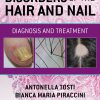
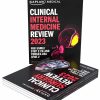
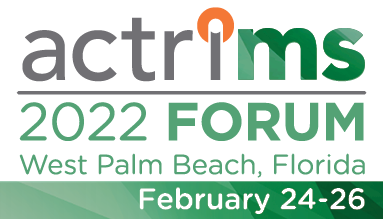
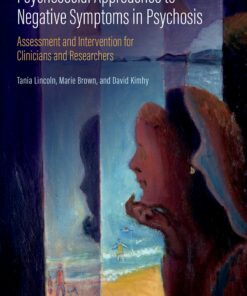
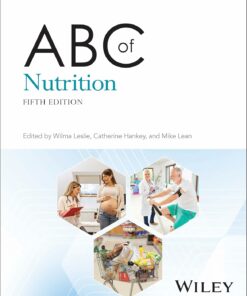

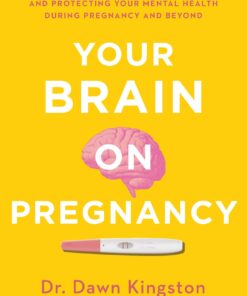




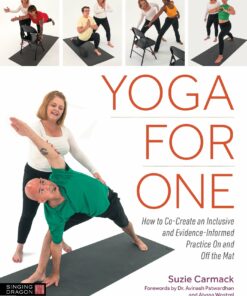
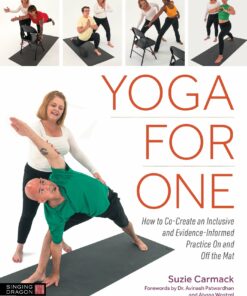
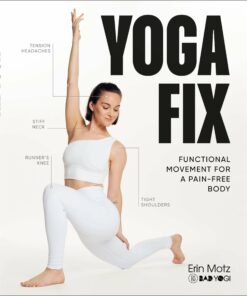


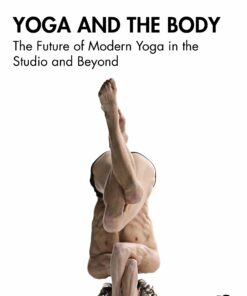
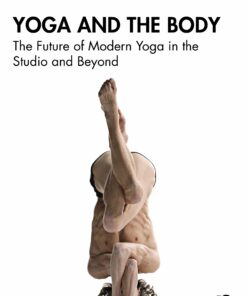





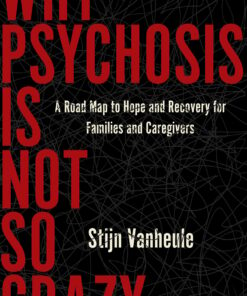
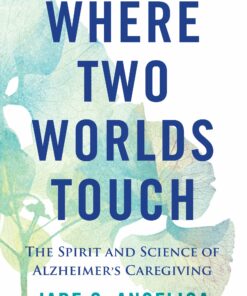
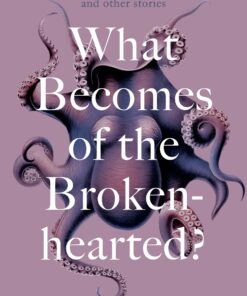


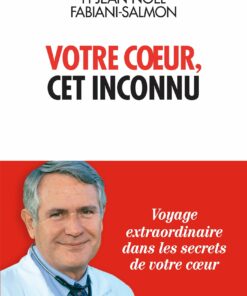

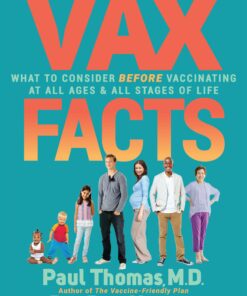
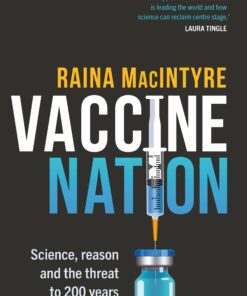
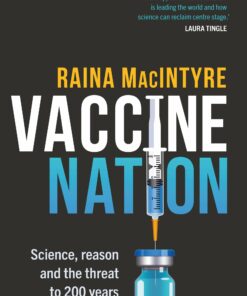



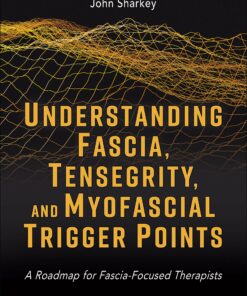
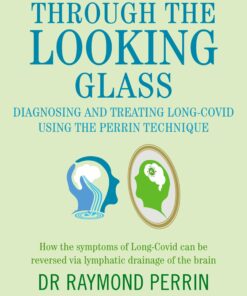
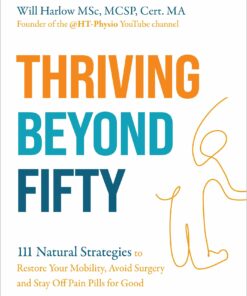




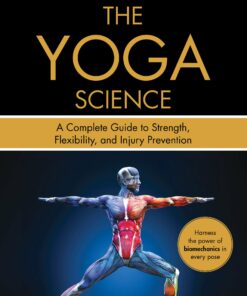






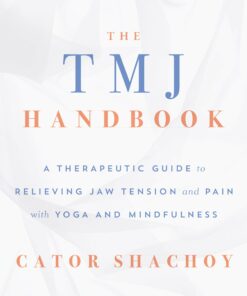

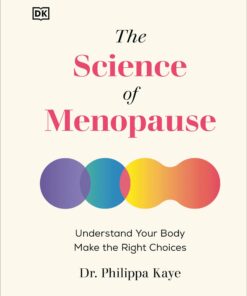




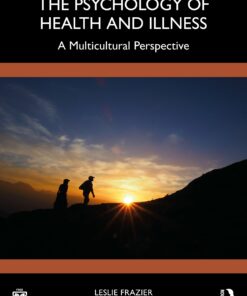
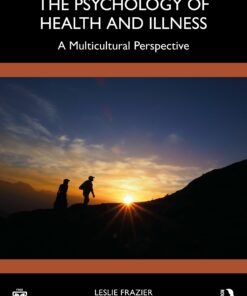
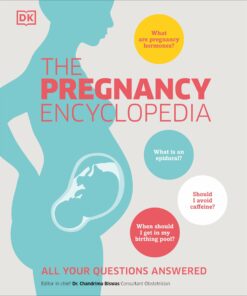


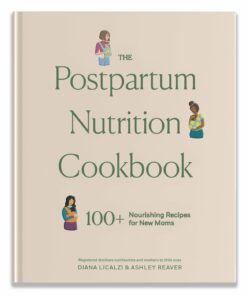
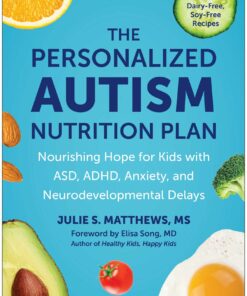
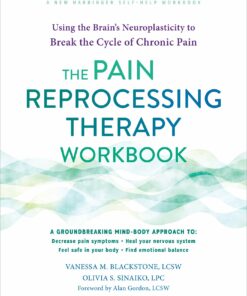






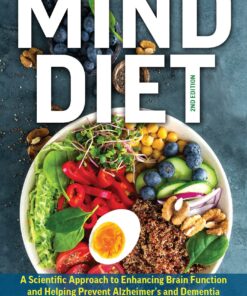

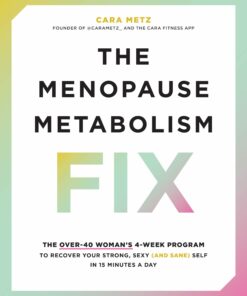
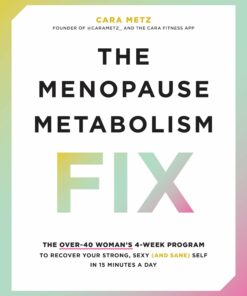
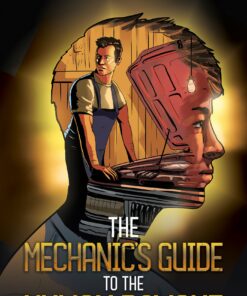
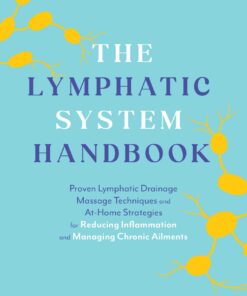
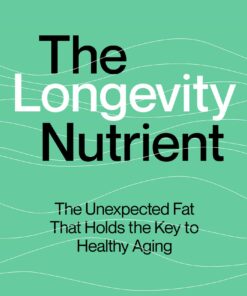
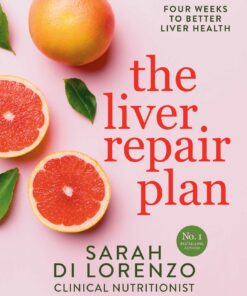


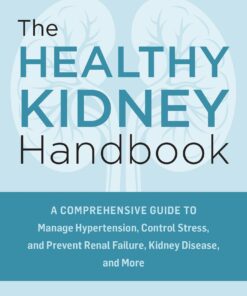


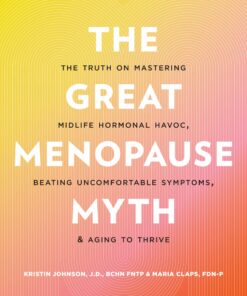
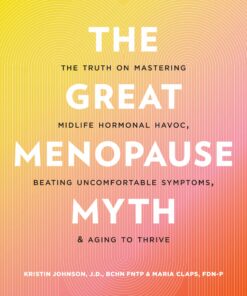

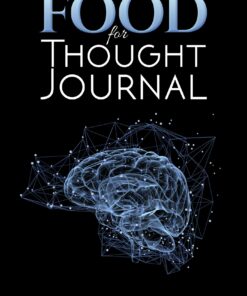

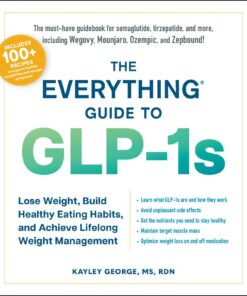
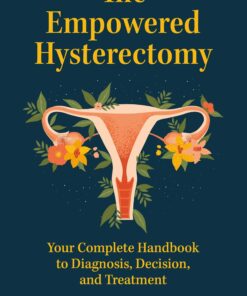
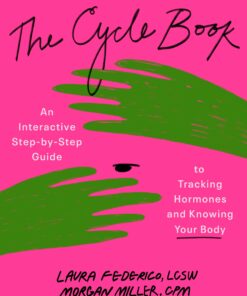
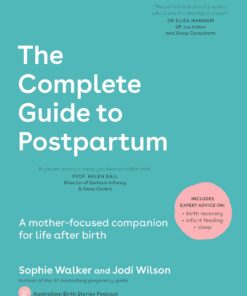
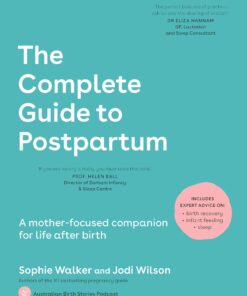

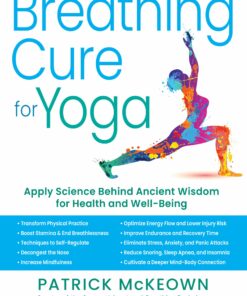
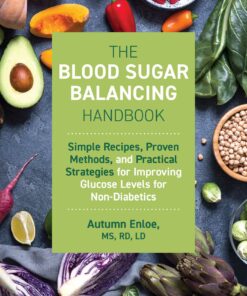
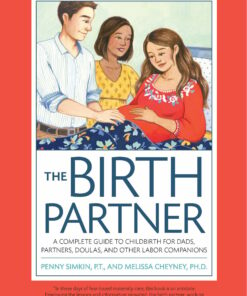
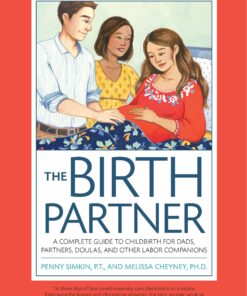



Reviews
There are no reviews yet.